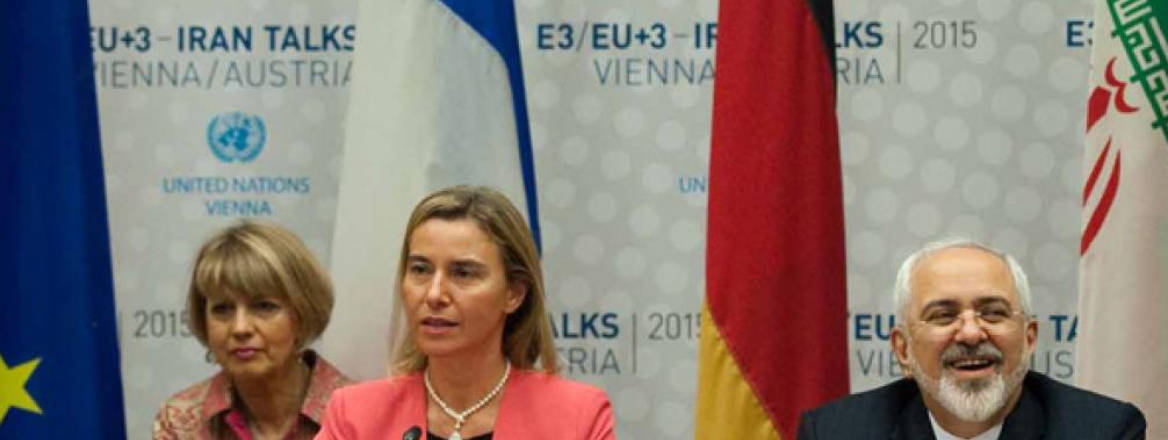Iran Implementation Day Recommendations
The signatories to the Iran nuclear deal should move to entrench processes that will enable the agreement to outlast the individuals that put it in place. By this time next year, a new US president will have been sworn in, and presidential elections in Iran will only be just months away. Time must be used wisely.
Read all the analysis RUSI.org/ImplementationDay
Until now, the step-by-step process contained within the JCPOA has required more from the Iranian side than from the P5+1. Implementation day marks a turning point, where the actions taken by Iran must be reciprocated with increasingly significant sanctions relief. Close co-ordination between governments and the private sector will therefore be central to the improvement of economic relations that Tehran expects. The next phase of the agreement will also pose acute political challenges, especially in the US, where opposition to sanctions relief remains intense.
Managing these tensions will be paramount if the agreement is to work. The importance of all parties adhering to both the letter and the spirit of the agreement cannot be exaggerated. The nuclear agreement is a confidence-building measure, structured to ensure phased compliance on both sides. Actions that disrupt the agreed process, weaken incentives for legal, private-sector re-engagement with Iran, or which entangle issues – such as missile tests – not directly related to the implementation process are likely to destabilise the delicate diplomatic architecture that has been constructed.
In the coming months, the JCPOA signatories should move to entrench processes that will enable the agreement to outlast the individuals that put it in place. By this time next year, a new US president will have been sworn in, and presidential elections in Iran will only be just months away. Time must be used wisely. At present, both Washington and Tehran are governed by administrations that are committed to a process of co-operation, at least on the nuclear file – yet elections in both nations have the capacity to fundamentally disrupt this modus vivendi. Three areas of action, therefore, seem to be necessary.
Resource Commitments
A key danger is that the P5+1 lose focus, allowing ‘Iran fatigue’ to creep into organisations tasked with implementing the agreement and monitoring compliance. This would be enormously damaging. Implementation day marks the start of a process, not its end result. Only sustained resource commitment, in terms of both finance and personnel, can ensure that the deal receives as much attention during its implementation as it did during its negotiation. A positive starting point, and an example for other states, is the creation by the US of designated offices within both the Department of State and the National Security Council to oversee the progress of the Iran deal. Commercial Guidance
In the absence of earlier clear guidance, many private sector firms (especially in Europe) will find it difficult to navigate the Iran sanctions landscape in the immediate future. This could create highly uneven commercial re-engagement with Iran, weakening a central pillar of the agreement: Iran’s ability to derive tangible economic benefits in exchange for nuclear concessions. It is therefore vital that both the EU and US follow their implementation-day guidance with extensive outreach to the private sector in the weeks and months that follow, in order to explain the multitude of technicalities and ensure that the agreed process works in practice.
Clear and Persistent Messaging
Above all, decision-makers in the P5+1 and in Iran must continue to make the case for the JCPOA: restating the general advantages its implementation will bring, and highlighting compliance by all parties so long as that compliance persists. Doing so is essential if the agreement is to survive the volatility of domestic political opinion in coming years.
Implementation Day: Analysing Iran's Compliance of the Nuclear Deal
WRITTEN BY
Andrea Berger
Guest Contributor
Dr Aniseh Bassiri Tabrizi
External Author
Emil Dall
RUSI Associate Fellow, CFS
Tom Keatinge
Director, CFS
Centre for Finance and Security





